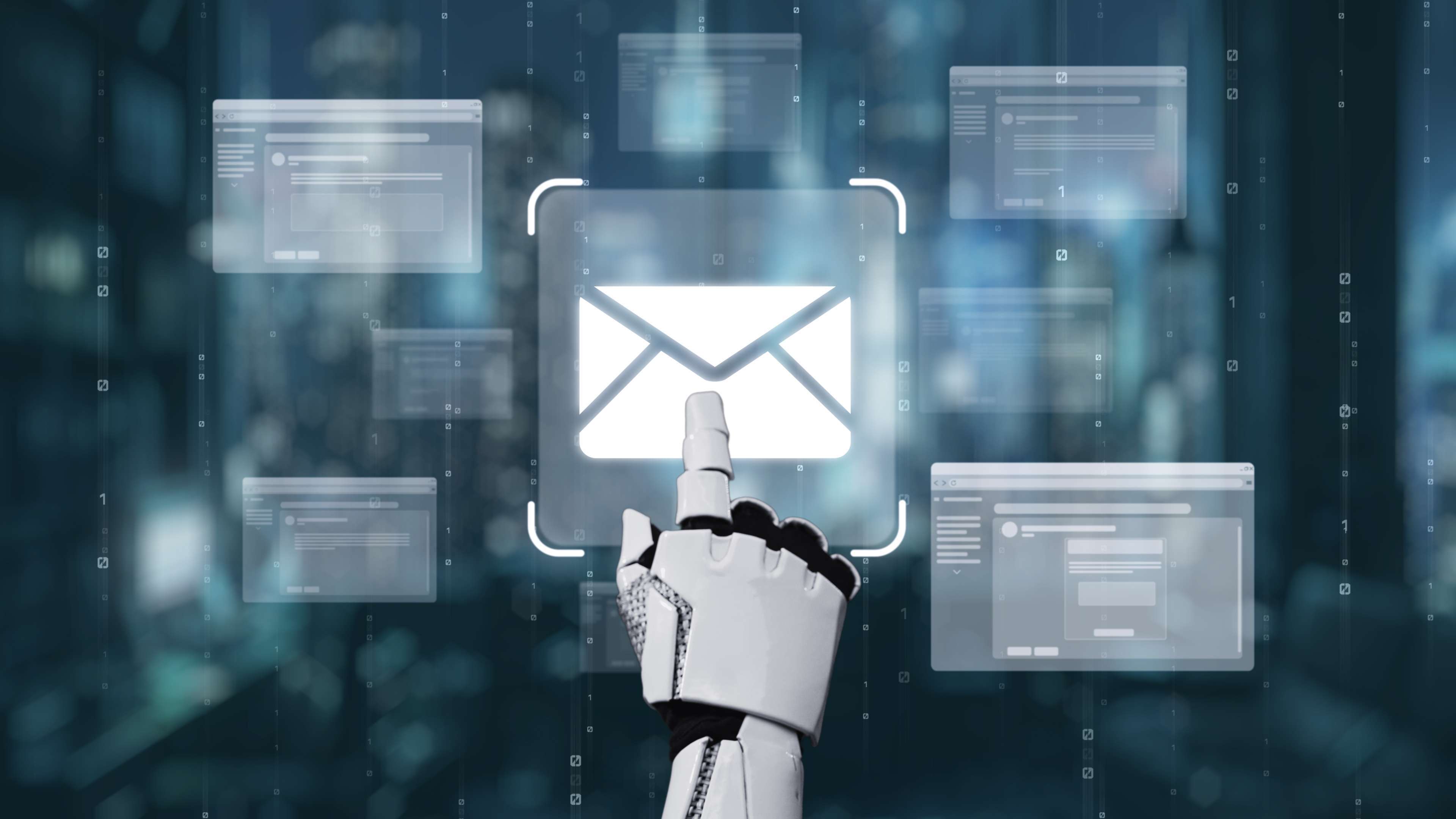Why Investing in Email Authentication Is Critical for Your Security

 By
Jason Miller
·
2 minute read
By
Jason Miller
·
2 minute read
Why Investing in Email Authentication Is Critical for Your Security
Email remains the number one entry point for cyberattacks. From phishing and spoofing to business email compromise, threat actors continue to exploit weaknesses in email systems to breach networks, steal data, and impersonate trusted brands. Investing in advanced email security—especially through strong authentication protocols—is not just a best practice. It’s a necessity.
Email authentication provides the foundation for verifying sender identity, protecting your domain from misuse, and ensuring that your communications are trusted by recipients and email providers alike. Without it, you leave the door wide open to fraud, data loss, and reputational damage.
The Risks of Unauthenticated Email
Without proper email authentication in place, your business becomes vulnerable to several serious threats:
- Domain spoofing: Attackers can send fake emails that appear to come from your domain
- Phishing campaigns: Fraudulent emails targeting customers, vendors, or employees
- Spam filtering: Legitimate emails flagged or rejected due to low trust scores
- Loss of trust: Customers lose confidence if they receive spoofed or suspicious emails
- Regulatory violations: Failure to protect communication channels may breach compliance obligations
These risks translate directly into financial loss, operational disruption, and long-term brand damage.
How Email Authentication Strengthens Your Security
Authentication protocols help verify the legitimacy of your email communications. The most important technologies include:
- SPF (Sender Policy Framework): Verifies that a message was sent from an authorized mail server
- DKIM (DomainKeys Identified Mail): Uses cryptographic signatures to ensure message integrity
- DMARC (Domain-based Message Authentication, Reporting, and Conformance): Instructs email providers on how to handle messages that fail SPF or DKIM
When properly configured, these protocols stop impersonation attempts and give you visibility into how your domain is being used or abused across the internet.
Did you know?
Companies with strong email authentication in place experience 70% fewer successful phishing attacks compared to those without it.
Benefits of Advanced Email Security Investments
Investing in advanced email security through authentication protocols offers numerous benefits:
- Improved deliverability: Authenticated emails are more likely to reach the inbox
- Brand protection: Prevent attackers from sending fraudulent messages using your domain
- Customer confidence: Recipients trust and engage more with secure, verified emails
- Threat intelligence: DMARC reporting reveals unauthorized activity and attack trends
- Regulatory compliance: Supports GDPR, HIPAA, and other data protection requirements
These improvements directly contribute to both security outcomes and business performance.
Overcoming Implementation Challenges
Many businesses hesitate to implement SPF, DKIM, and DMARC due to perceived complexity. However, the risks of delay far outweigh the effort. Common obstacles include:
- Uncertainty about how to create proper DNS records
- Fear of email disruption when switching to a strict policy
- Limited visibility into third-party senders using your domain
These can be overcome with the right tools, gradual enforcement, and expert guidance.
Choosing the Right Support for Deployment
To fully secure your email infrastructure, it helps to work with a partner experienced in authentication deployment and monitoring. BitLyft’s Automated Incident Response provides comprehensive support for SPF, DKIM, and DMARC configuration, plus continuous monitoring to keep your systems protected from evolving threats.
Making Email Security a Business Priority
Email authentication is no longer just an IT concern—it’s a core part of your security and brand strategy. By investing in advanced protections now, you not only stop attackers in their tracks—you also build a foundation of trust with every email you send.
FAQs
What is email authentication?
Email authentication is a set of protocols that verify an email’s sender and ensure it hasn’t been altered, helping to prevent spoofing and phishing attacks.
Why is DMARC important?
DMARC gives domain owners control over how email servers handle messages that fail SPF or DKIM. It also provides reporting to monitor unauthorized use of your domain.
Can email authentication improve deliverability?
Yes. Authenticated emails are more likely to reach the inbox, while unauthenticated messages are often flagged or blocked by spam filters.
Is it hard to implement SPF, DKIM, and DMARC?
Implementation requires DNS updates and testing, but with the right guidance and tools, the process is straightforward and highly effective.
How does BitLyft help with email security?
BitLyft provides managed services to configure, monitor, and optimize email authentication protocols, ensuring secure and reliable communications.